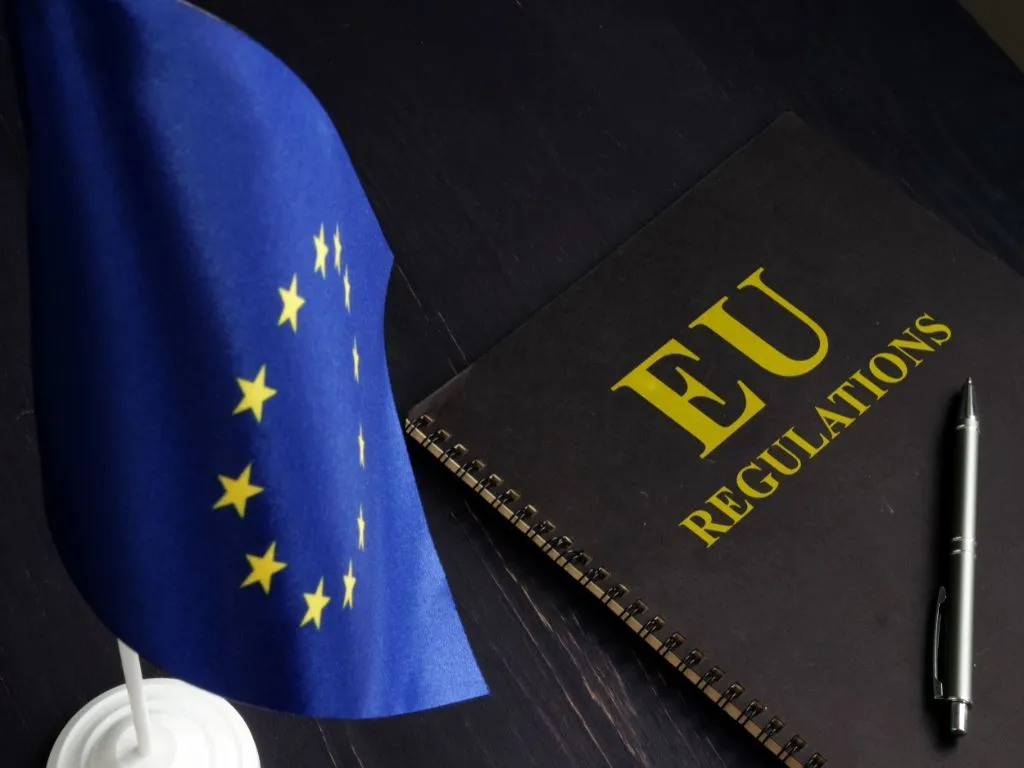- Home
- News Details
News Details

EU Parliament Approves Landmark Law to Cut Food and Textile Waste by 2030, Holds Producers Accountable
2025-09-29 Reference source : European Parliament
Textiles Food and Drink EPR waste
On Tuesday, the EU
Parliament finalized legislation aimed at reducing food and textile waste
across the Union. The law sets binding targets to cut food waste by 10% in
processing and 30% per capita in retail, restaurants, and households by 2030,
while promoting the donation of safe unsold food. For textiles, producers will
now bear the costs of collection, sorting, and recycling through new extended
producer responsibility (EPR) schemes covering clothing, footwear, linens, and
more, including e-commerce sellers. Member states are encouraged to address
fast and ultra-fast fashion practices. The law will be signed and published in
the EU Official Journal, giving countries 20 months to transpose it into
national legislation.
Textile Waste and Hold
Producers Accountable by 2030
The European Union has formally adopted new
legislation aimed at reducing food and textile waste across member states by
2030. Under the updated rules, binding targets have been set to cut food waste
by 10% in processing and manufacturing, and by 30% per capita in retail,
restaurants, food services, and households. These reductions will be measured
against the annual average of waste generated between 2021 and 2023. In
addition, EU countries are required to ensure that key economic operators play
an active role in preventing food waste and facilitating the donation of unsold
food that is safe for human consumption.
The legislation also introduces extended producer
responsibility (EPR) schemes for textile products. Producers making textiles
available in the EU, including e-commerce sellers and companies based outside
the Union, will be responsible for covering the costs of collecting, sorting,
and recycling waste textiles. Member states are tasked with setting up EPR
schemes within 30 months of the directive’s entry into force, with
micro-enterprises allowed an extra year to comply. The rules cover clothing,
footwear, accessories, blankets, bed and kitchen linen, curtains, and
potentially mattresses. Governments are also encouraged to address fast and
ultra-fast fashion practices when determining financial contributions to the
EPR schemes. Following prior agreement by the Council, the European Parliament
confirmed adoption of the act.
Further steps
The legislation is set to
be signed by both co-legislators before being published in the EU Official
Journal. Once in force, member states will have 20 months to implement the
rules into their national laws.
We acknowledge that the above information has been compiled from European Parliament.
Global Product Compliance (GPC) specializes in Global Regulatory Compliance Solutions across sectors
globally. SSS Europe, a familiar name in chemical regulatory and compliance services now formally belongs
under the umbrella of GPC Holding Sweden.
Since 2008, we have emerged as one of the leading names among Global Regulatory Compliance Service
Providers with Representation services in Europe, Asia and Middle East for respective chemical
regulations.

 Twitter
Twitter
